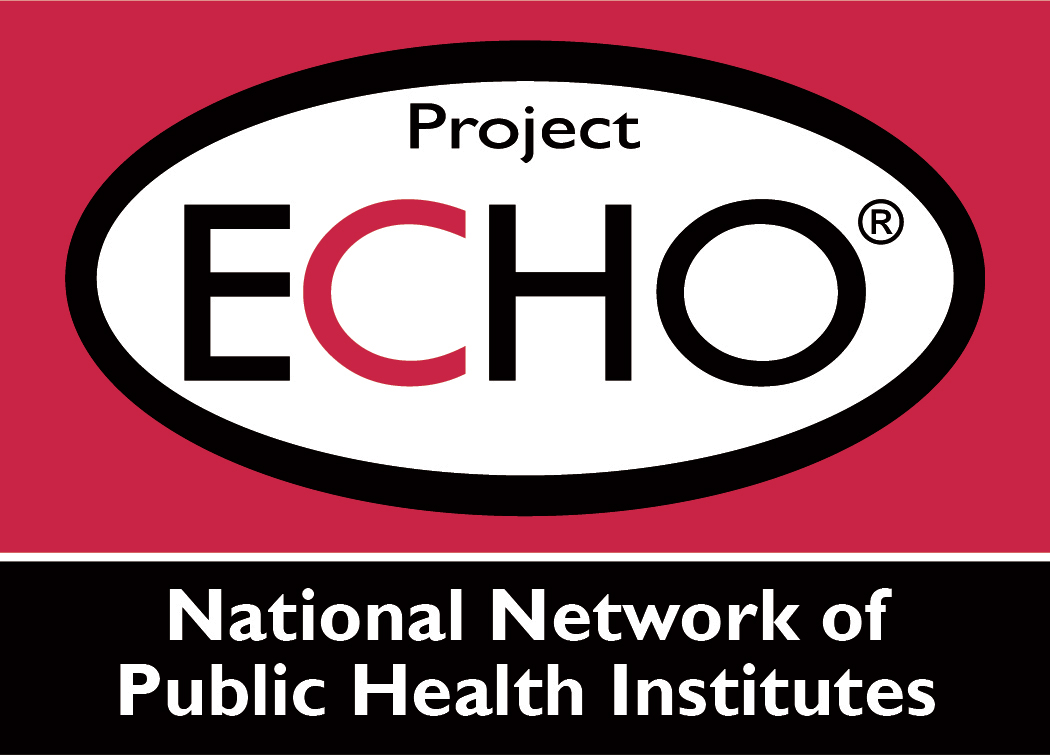-
Public Health Improvement Training (PHIT)
What kind of hands-on workshops and networking opportunities can empower public health professionals to take action in public health performance improvement?
Learn More
-
Open Forum: Next Generation (NxGen)
How do we harness enthusiasm for public health performance improvement initiatives to improve the nation’s public health system?
Learn More
-
Public Health Performance Improvement Network (phPIN)
Want to exchange ideas and resources with other public health professionals working in performance improvement?
Learn More
-
Strategic Scholars Program
What opportunities exist for governmental public health professionals to build their capacities in emerging strategic skill areas?
Learn More
-
Project ECHO for Public Health
ECHO Public Health builds the capacity of the public health workforce to implement best practices in public health systems change through virtual case-based learning and collaboration with peers.
Learn More
-
Tribal Capacity
About the Tribal Public Health Capacity Support Project (TPHC) In 2018, NNPHI was awarded funding from the Centers for Disease Control and Prevention, Office of Tribal Alliances and Strategic Affairs (OTASA) to uphold the mission to affirm the government-to-government relationship between CDC and American Indian/Alaska Native (AI/AN) tribes by advancing connections, providing expertise, and increasing […]
Learn More
-
Indigenous Public Health Leaders Program
About the Indigenous Public Health Leaders Program The Indigenous Public Health Leaders Program (IPHLP) was a 6-months leadership training institute piloted with CDC funding to provide training on essential public health skills for emerging Tribal public health professionals. Participants were typically at entry to mid-level positions within Tribal Health organizations or otherwise serve Tribal populations. […]
Learn More
-
Evaluation and Program Improvement Scholars Program (EPIS)
About the EPIS Program Evaluation and Program Improvement Scholars Program (EPIS) aims to build the capacity of STD program staff. The program is open to STD program managers, epidemiologists, program evaluators, intervention specialists, and CDC-funded STD programs. In a partnership among the Centers for Disease Control Division of STD Prevention, the National Coalition of STD […]
Learn More
-
Quality Training Development: Access and Peer-learning
NNPHI and the CDC are working together on a program to improve the quality of training developed and available to the public health workforce.
Learn More
-
Indigenous Public Health Leaders Program: Participants and FAQ
Each year, we select a cohort of Indigenous Public Health Leaders to participate in training and coaching opportunities with the goal of building new skills and completing a performance improvement project to implement within their agencies. This page lists all current and past participants of the Indigenous Public Health Leaders Program. IPHL Cohort – 2022 […]
Learn More
-
Coordinating Center for Health Equity Policy
Overview Through the Framework to Address Health Disparities through Collaborative Policy Efforts: Coordinating Center and Demonstration Projects funded by the Office of Minority Health (OMH), the National Network of Public Health Institutes (NNPHI) established the Coordinating Center for Health Equity Policy (Coordinating Center). The Coordinating Center will work with six OMH-funded demonstration sites over the […]
Learn More
-
Foundational Public Health Training Development and Support
Overview AmeriCorps and the Centers for Disease Control and Prevention have joined forces through Public Health AmeriCorps. Together, and with support from key national partners, they are supporting the recruitment, training, and development of the next generation of public health leaders who will be ready to respond to the nation’s public health needs. Public Health […]
Learn More
-
Strategic Leadership in DM Efforts (SLIDE)
About the Strategic Leadership in DM Efforts (SLIDE) In Spring 2025, NNPHI launched its pilot program of the Strategic Leadership in DM Efforts (SLIDE) training series. SLIDE is a cohort based, virtual training designed to enhance leadership, strategic project management, and stakeholder engagement skills among public health professionals involved in data modernization (DM) activities through the Public […]
Learn More




 Subscribe To Our Communications
Subscribe To Our Communications